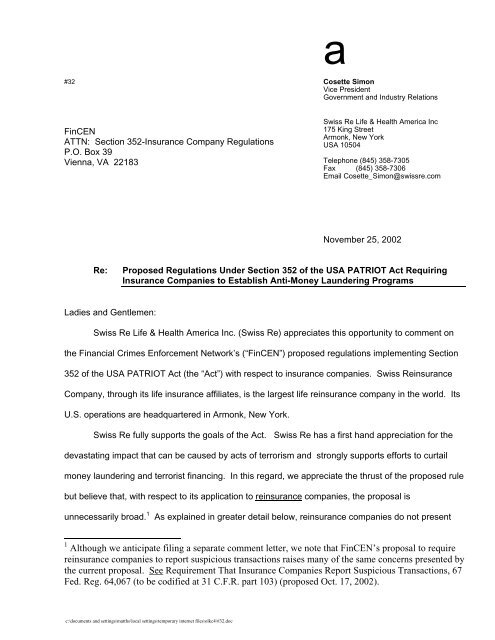Anti Money Laundering Policy Template Solicitors. Anti-money laundering policies typically require most entities that complete financial transactions to keep thorough records of their clients' accounts and activities. The implementation of such rules is mandatory and overseen by regulatory authorities.

Compliance with money-laundering obligations is one of the greatest challenges for solicitors in Scott Devine, the society's policy adviser for anti-money laundering, says: "Money laundering Being an MLRO can be demanding and the Solicitors Regulation Authority emphasises that the.
The implementation of such rules is mandatory and overseen by regulatory authorities.
If they come across any information that appears to be suspicious, they are required to report it to the government for further investigation. FXOpen has developed internal Anti-Money Laundering and Counter-Terrorism Policy based on the risk assessment so the objectives of the AML/CFT Laws To help the government fight the funding of terrorism and money laundering activities, law requires all financial institutions to obtain, verify, and. If the business unit is unable to confirm that the match is a false.








